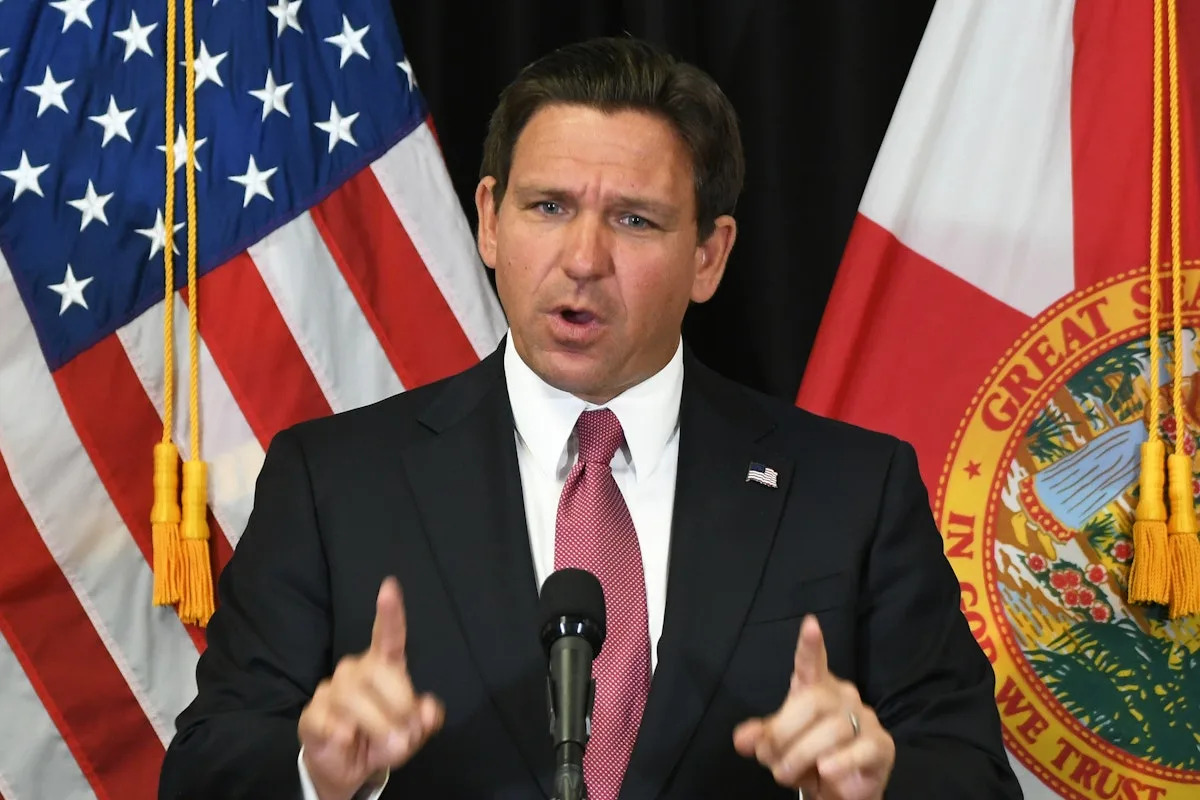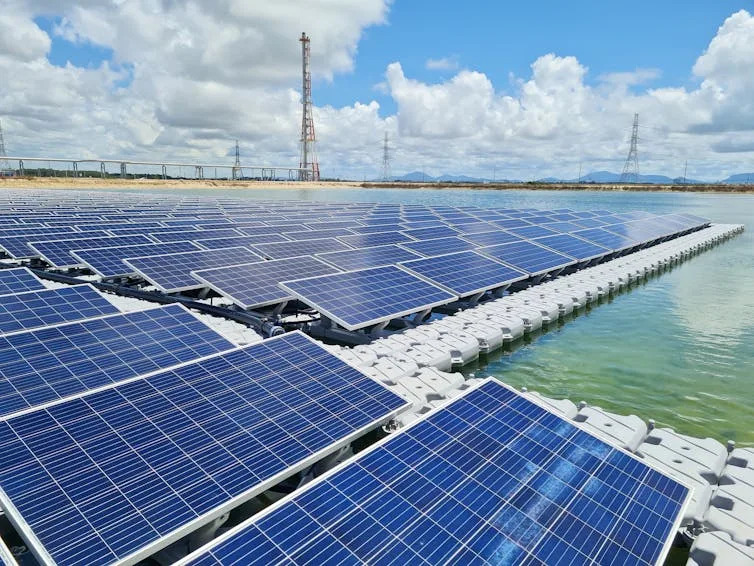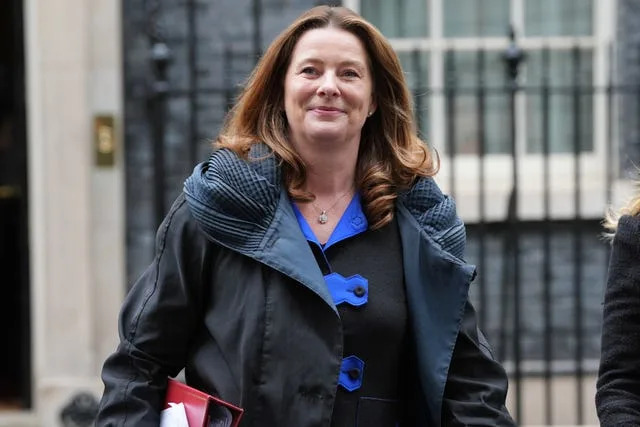Reuters
Wed, May 15, 2024

U.S. President Donald Trump boards Air Force One beside first lady Melania Trump at Joint Base Andrews in Maryland
BELGRADE (Reuters) - The Serbian authorities and Jared Kushner's U.S.-based investment firm Affinity Global Development, signed a 99-year lease deal on Wednesday, allowing the company to overhaul two buildings which housed the headquarters of the former Yugoslav People's Army.
The Serbian construction ministry said in a statement that the "reputable American company" connected to Kushner, the son-in-law of U.S. former President Donald Trump, was chosen for the work it described as "revitalisation of the compound."
"Everything ... will be in line with the Serbian laws, in cooperation with the government and relevant institutions ... that are responsible for urban planning and the protection of cultural heritage," the statement said.
It did not specify the value of the investment, nor the deadline for its completion.
In March, Kushner announced that a wider investment by his Affinity Partners in the Balkans would include projects in Albania and in Belgrade at the site of the headquarters buildings, where it would include a hotel, apartments, shops and office spaces.
Kushner, a former top aide to Trump when he was president, set up the investment firm after stepping down from the job in 2021. Affinity did not immediately respond to request for comment.
The two buildings were damaged in 1999 during the NATO bombing of the former Yugoslavia launched to force the then strongman Slobodan Milosevic to end his bloody crackdown against Albanians in Kosovo.
The statement said that the investor agreed to return the land without compensation if it fails to complete the investment in time and to build a memorial center dedicated to all the victims of the NATO bombing.
The statement also quoted Asher Abershera, the CEO of the Affinity Global Development as saying that Serbian architects and designers would be invited to submit ideas for the memorial center.
Over 22,000 people in Serbia have so far signed a petition calling for the buildings to be preserved. The buildings designed by Serbian architect Nikola Dobrovic were built between 1957 and 1965.
Their design is meant to resemble a canyon of the Sutjeska river in Eastern Bosnia, where one of the major World War Two battles against the Germans in the Balkans was fought in 1943.
(Reporting by Aleksandar Vasovic; Editing by Diane Craft)













